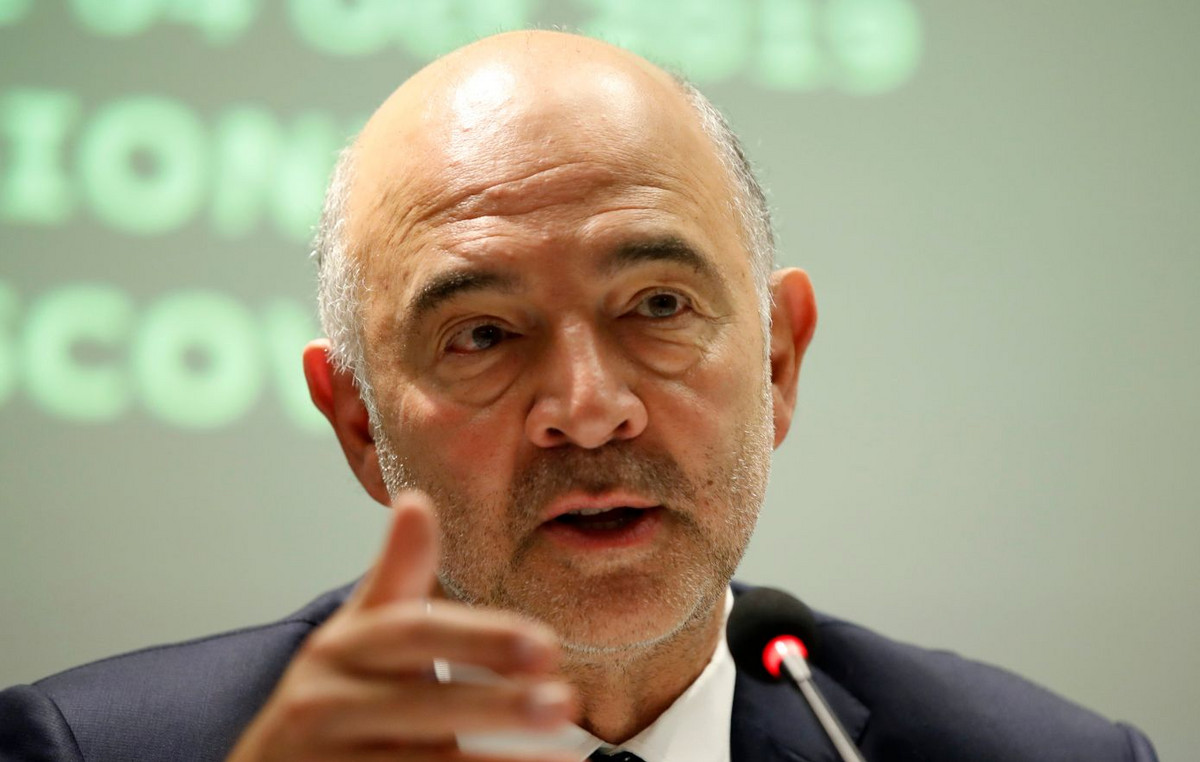In an interview with CNN Radio the founder and executive director of Vozes da Educação, Carolina Campos, assessed that the data from the National School Health Survey (PeNSE) are already “very worrying”, but that they would be even more “potentiated with the two years of the Covid-19 pandemic”. -19 not accounted for in the study period”.
The Brazilian Institute of Geography and Statistics (IBGE) released this Wednesday (13) a decade of research with comparable indicators on the health of students in the 9th year of elementary school.
The study brings an unprecedented analysis of the four editions of PeNSE (2009, 2012, 2015 and 2019), with information on food, physical activity, cigarettes, alcohol, other drugs, situations at home and at school, mental health, sexual and reproductive health. , between others.
According to Carolina Campos, although the data are important indicators, they can already be considered outdated. “I can confidently say that the pandemic has boosted many of this data that we have seen grow. If we think it’s bad, it could be worse,” she said.
One of the data that showed growth is the number of students dissatisfied with their own bodies: the proportion of those who considered themselves fat or very fat went from 17.5% to 23.2%, while that of those who considered themselves thin or very thin was from 21.9% to 28.6%.
“Adolescence is already a historical period in which human beings must learn to deal with a series of body modifications”, pointed out Carolina Campos. “But if this lack of acceptance was already happening in 2019, with the pandemic we saw it explode.”
The educator recalled that Brazil is in the ranking of countries with the highest number of school days in which schools were completely closed, according to a report by the Organization for Economic Cooperation and Development (OECD).
“This made a student who was twelve years old go back to school at fourteen, skipping school stages and contact with his own body”, he argued. “Anguish, anxiety and insecurity can arise from that.”
Therefore, the director of Vozes da Educação pointed out that the moment is to work on pedagogical issues, but without forgetting to look at the behavioral side. “The challenge is enormous to not put pressure on this student, who must deal with mental health and still recover the learning that was lost during these last two years”.
Source: CNN Brasil







